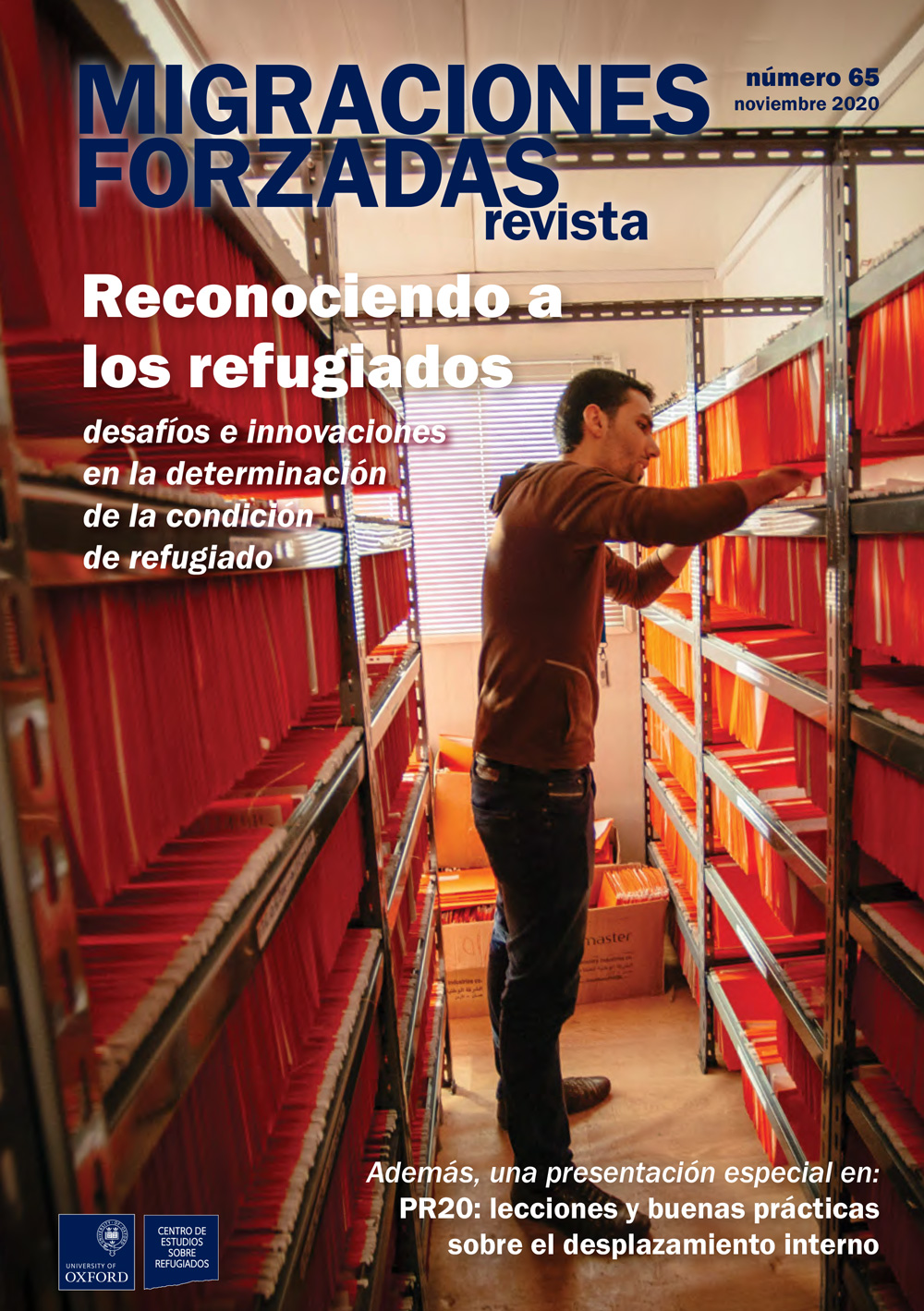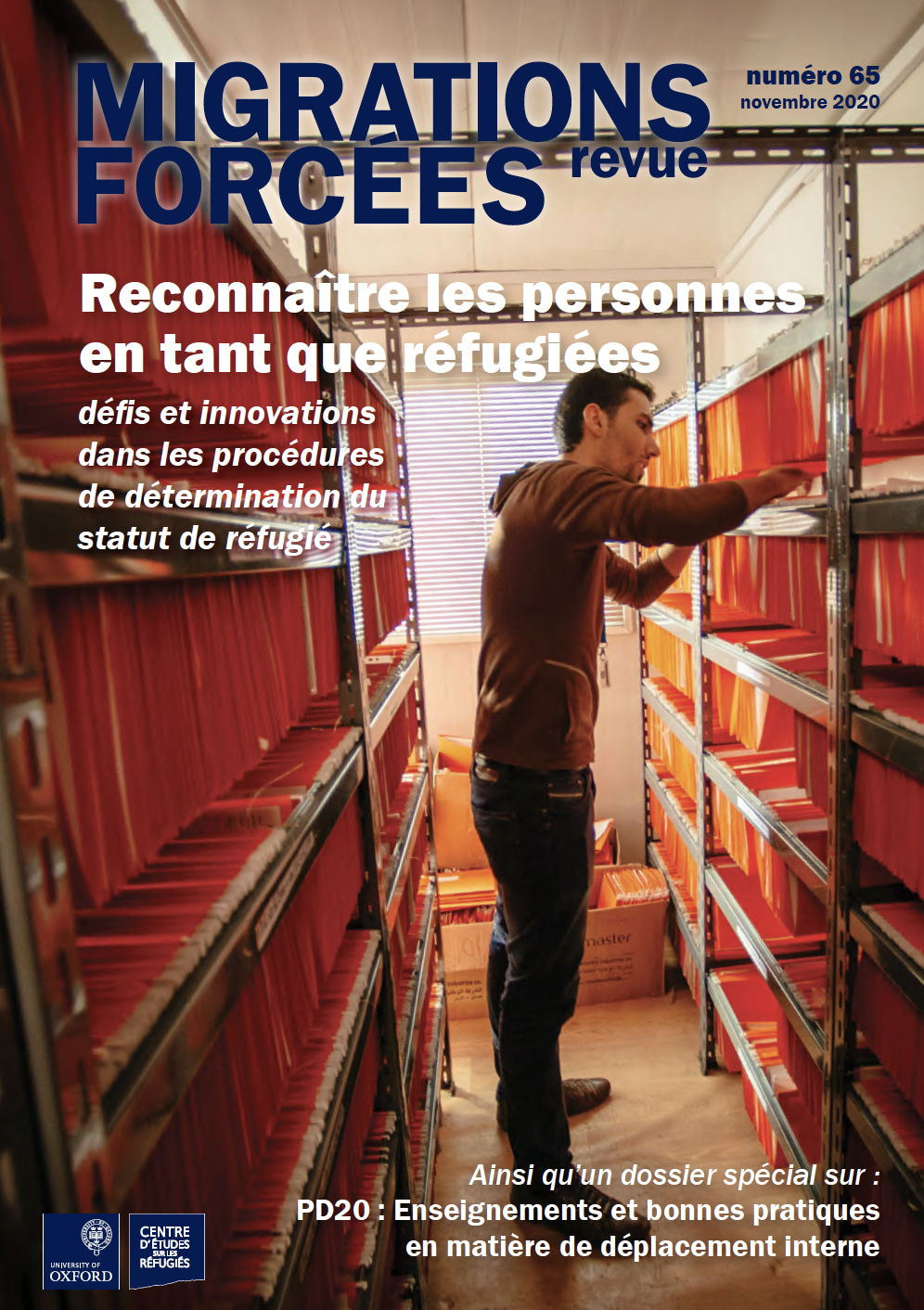From the editors
The standards of accessibility, fairness, adaptability and efficiency in Refugee Status Determination (RSD) systems around the world have immense implications for the protection and assistance of people of concern, and therefore merit close examination. The 21 articles in the…
Recognising refugees: understanding the real routes to recognition
Our research project ‘Recognising Refugees’ aims to understand the factors that determine who is recognised as a refugee (and who is rejected) globally.[1] In practice, recognition depends not only on the legal definition of ‘refugee’ but also, and most significantly,…
The failures of a ‘model’ system: RSD in Canada
The drafters of the 1951 Refugee Convention must have been exhausted after negotiating the details of the refugee protection doctrine. They seem to have had no energy left to sort out how the refugee status determination (RSD) process should operate,…
Shedding light on RSD in China
The People’s Republic of China acceded to the 1951 Refugee Convention and its 1967 Protocol in 1982.[1] Two years before, UNHCR had opened a Task Office in Beijing in response to the Indochinese refugee crisis,[2] in the course of which…
Age assessment for unaccompanied asylum-seeking children in Egypt
In Egypt, UNHCR has operational responsibility for conducting refugee status determination (RSD) as part of its mandate established by a 1954 Memorandum of Understanding with the government. In early 2020 UNHCR reported that 38% of all refugees and asylum seekers…
Conducting RSD for resettlement: the need for procedural protections
Resettlement and complementary pathways (such as community sponsorship, scholarships, humanitarian visas and family reunification[1]) are important tools for refugee protection. They provide durable solutions, even though they benefit only a small number of refugees. For many refugees, access to UNHCR…



